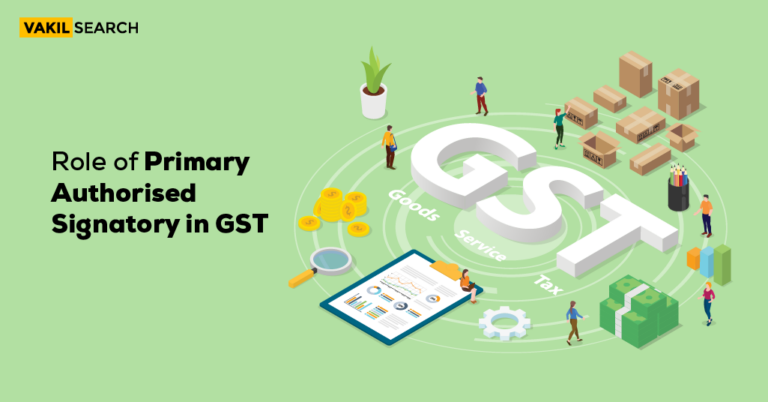Businesses and professionals who have rented or leased residential properties would be impacted by the new rules, which were put into effect following the 47th meeting of the GST Council.
Previously, GST was only applicable to commercial real estate, such as offices or retail premises that were leased or rented out. Rent or lease payments made by corporations or individuals on residential premises were exempt from GST.
At present, however, as per the new GST regulations that became effective on July 18, a renter who is registered under the GST regime is obligated to pay the Goods and Services Tax at a rate of 18% when renting a property.
Companies will now be required to pay 18% GST on the rent they pay for homes they rent out to workers to use as guest homes or residences. For businesses that provide Services of Patta Change Online for employees, this will move result in higher expenditures. You Can make GST Number Search Online in few minutes of time.
| Do note that only those renters who are GST-registered are subject to the 18% tax on rental payments. |
Gst Rules on Rentals: Latest Amendments
According to the new law, a GST-registered tenant will be required to pay GST through the reverse charge mechanism (RCM). However, the tenant can claim it as a deduction under Input Tax Credit on the grounds that the promise is being rented for the personal use of the employees.
Only when the tenant is registered for GST and required to file GST returns will the tax become effective. Moreover, the liability of paying the 18% tax is on the GST-registered tenant not the owner of the property.
Additionally, it must be noted that a GST-registered individual who engages in business or profession must pay 18% GST on any rent paid to a landlord. However, depending on the contractual arrangement, the company or the landlord may be responsible for the 18% increase in rent. This also implies that if a regular salaried person rents or leases a residential home or apartment, they are exempt from paying BBMP Property Tax Online under the GST regime.
| Registered persons under GST include both individuals and corporate entities under the GST law. When a person engaged in business or profession generates more than the threshold amount in annual turnover, they are required for GST Registration Process. |
Understanding Reverse Charge Mechanism on Rentals
The GST law’s threshold varies depending on the type and location of supply. Generally, the upper limit for those providing services alone in a fiscal year is ₹20 lakh. The limit is ₹40 lakh for a supplier of just goods. Normally, the supplier of the goods or service is required to pay GST, however, under the reverse charge mechanism, the purchaser is required to pay GST.
The reverse charge mechanism becomes applicable when the recipient of the goods or services is required to pay the GST rather than the provider. It is mandatory during a purchase from unregistered dealers, imports and other notified GST supplies.
When you register for GST in India, you can use the GST interest calculator to figure out how much GST you will have to pay.
To put things in context, if a corporation is paying a monthly rental of ₹1 lakh for a residential property, they will have to bear the expense of an additional ₹18,000 to pay GST under the reverse charge mechanism.
GST on Hospital Bed Rentals
Those who opt for rooms in hospitals that cost more than ₹5,000 per day are now required to pay 5% GST on that amount. The health industry in this regard was previously exempt from paying GST before the 47th GST Council’s decision took effect.
Given that there will be no option for input tax credits, the cost to patients will significantly increase now that GST is to be applied to the rent of hospital rooms.
| Those renting intensive care unit (ICU) rooms which cost more than ₹5,000 per day are not liable to pay GST. |
Impact of the 47th GST Council Meeting on Rentals
According to experts, this GST policy decision is most likely to have a significantly adverse effect on the government’s bid to encourage rental housing in India.
Not only will this move raise company expenses and increase compliance severely hamper ease of business initiatives.
It may also result in a revenue loss for the government, as companies will either stop providing free housing to their employees or will begin renting residential property in the names of their employees, who are not GST-registered instead of their own names in order to avoid paying GST.
Conclusion:-
Overall, this GST amendment will prove extremely costly for both the tenant and the property owner because the tenant might try to negotiate a lower rent amount. Additionally, relatively fewer people will come forward to rent out their homes as their ability to make a profit from their rentals might be negatively impacted.










